In Nigeria, oil was reportedly first discovered in Oloibiri in Bayelsa State, Niger Delta, in 1956. The Organization of the Petroleum Export Countries (OPEC) says Nigeria currently has the world’s tenth-largest crude oil reserves and is the world’s thirteenth-largest producer of crude oil.
However, rather than translating to joy, it seems that what has been described as “the oil conundrum” and “the oil curse” is the fate of Nigerians.
Join our WhatsApp ChannelREAD ALSO: Fuel Price Hike: Nigerians Struggle As Pump Prices Surpass N600 Per Litre
There is no doubt that the oil resource has played the most significant role in Nigeria’s economic development to the extent that under Gen Yakubu Gowon the nation reportedly had the problem of finding what to spend its wealth on.
The oil contradiction has however brought the country to a sorry pass. It has led to decadence in the management of the nation as it has on its trail easy money amid deep-seated profligacy. This in turn resulted in abandoning the agricultural sector which was in great boom before the emergence of oil.
Most significantly, the emergence of oil created the disease of corruption which, today, has become so complex and complicated that solution does not seem possible.
And talking about oil-induced corruption has seen oil oozing from all fingers of Nigeria, so difficult to hide. This is the case of the phenomenon of Subsidy which was introduced to manage the policy of making fuel available since the four refineries are not working to meet local needs. Instead of bringing joy to the faces of the people, the subsidy phenomenon has been about pains while a few already-rich people continued to swim in oil pool.
Attempts to stop the subsidy regime did not work out until the emergence of President Bola Tinubu who, himself, was a sworn enemy of any government in the past that wanted to remove subsidy. With the removal has entered economic pangs of grievous proportion as the idea of cheap fuel in Nigeria is gone.
Nigerians will henceforth buy fuel like countries where there is no natural deposit of crude oil. And this is largely a result of government’s inability to successfully run its four refineries that are presently at zero production. The fuel that runs the nation is wholly imported, leading to increases in prices as the importation is at the mercy of international market reality of the Dollar.
Following the phenomenal increase in the price of fuel on Tuesday, Nigeria was almost thrown into chaos as price rose to various levels, depending on the city. Fuel now sells for over ₦500 and over ₦600 in different states of the Federation.
Consequently, your favourite stable, Prime Business Africa, hereby brings to your memory the various stages of increases in the price of fuel in Nigeria. It’s a historical journey that leaves nothing behind, 56 years after the emergence of oil in Nigeria.
At the very beginning, 56 years ago, fuel was sold at 6Kobo in Nigeria.
In 1973 Gen Yakubu Gowon increased the price of fuel from 6Kobo to 8.45K.
In 1978 Gen Olusegun Obasanjo increased from 8.45Kobo to 15.3Kobo.
In 1982 President Shehu Shagari increased from 15.3 Kobo to 20.
In 1986 Gen Ibrahim Badamosi Babangida increased from 20Kobo to 39.5Kobo, and again in 1988 he increased to 42Kobo, later from 42Kobo to 68Kobo, and thereafter he increased again in 1991 to 70Kobo.
Ernest Shonekan spent 82days in power but increased the pump price from 70kobo to ₦5.00
In 1993 Gen Sani Abacha brought down the price from ₦5 to ₦3.25k.
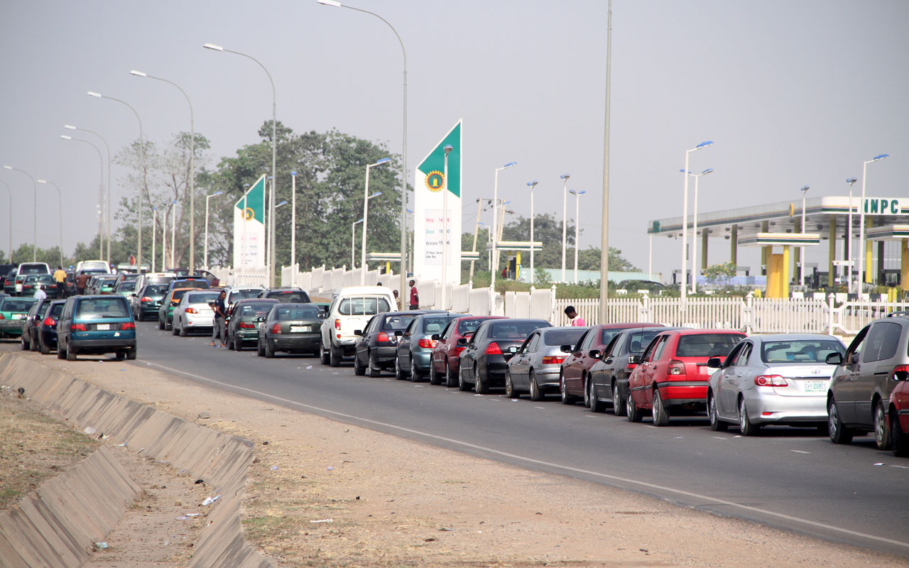
And later increased to ₦15. There was a mass outcry in 1994, forcing him to drop the price to ₦11.
But in 1998 Gen Abdulsalam Abubakar moved the price from ₦11 to ₦25. Later in 1999, he dropped the price to ₦20.
In 2002 President Obasanjo increased from ₦20 to ₦50 but decreased later the same year to ₦22.
In 2002 Obasanjo increased again to ₦26. Another one took place in 2003 when he increased to ₦42. Still, in 2004, Obasanjo moved the price up again to ₦65. Interestingly in 2007 he increased again to ₦75.
In 2007 President Umaru Musa Yar’Adua reduced from Obasanjo’s ₦75 to ₦65.
President Goodluck Jonathan increased to ₦141, but later reduced to ₦97.
Jonathan’s increase met with stiff resistance, forcing him to drop the price to ₦97. In the same year he reduced further to ₦87.
President Muhammadu Buhari who came in 2014, increased fuel price to ₦141. Later it moved to ₦165 to ₦212 in 2021.
As the 2023 general elections gathered steam in 2022, fuel price rose again to about ₦500 by December 2022. Various reasons were given for the increase which was characterised by acute scarcity.
The 2023 elections were held under acute fuel shortage across the country. The situation remained like that till the swearing in of the government of President Bola Tinubu.
At his inauguration on May 29, 2023, the President announced to the consternation of Nigerians that subsidy on fuel had ceased.
Since then price of fuel has hovered around ₦500 until yesterday.

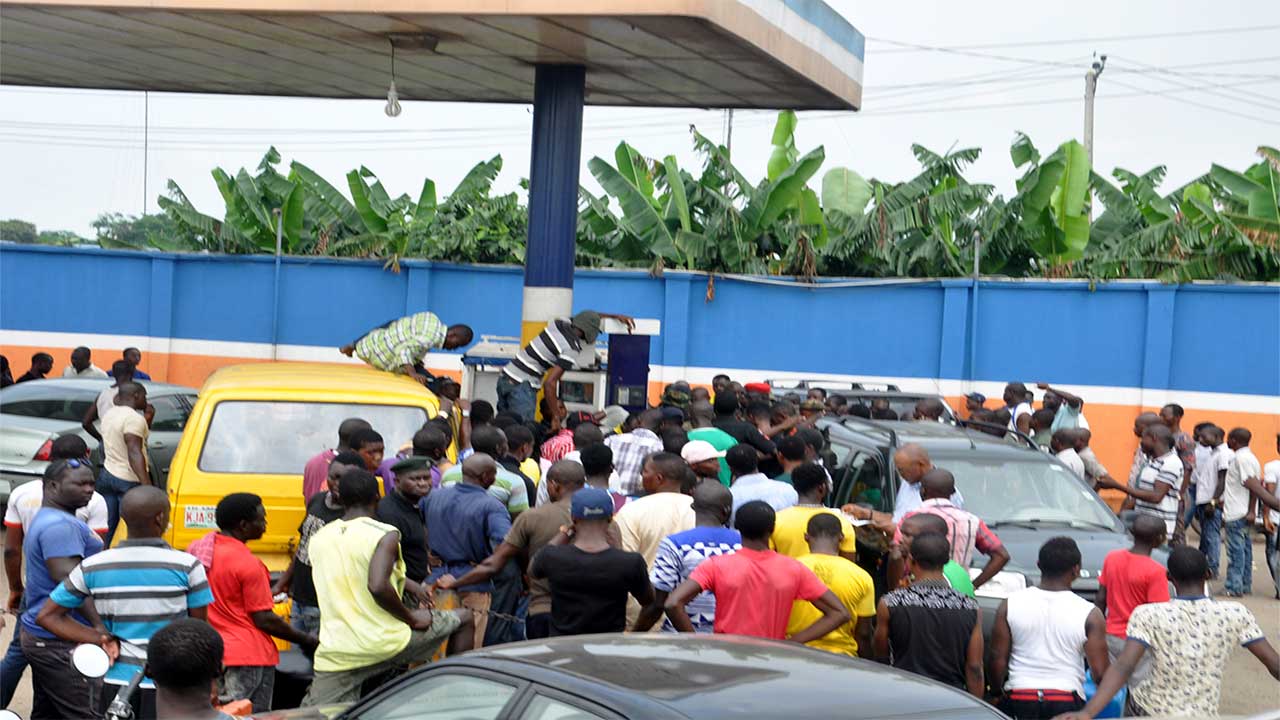




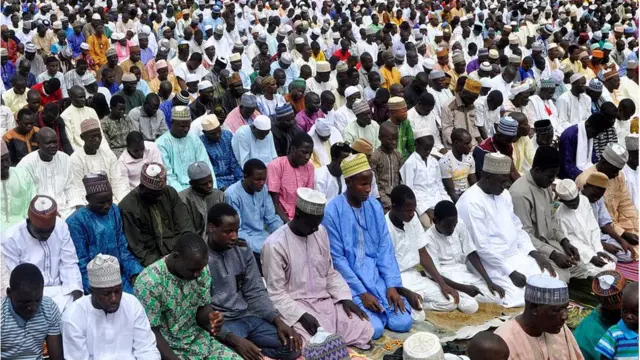








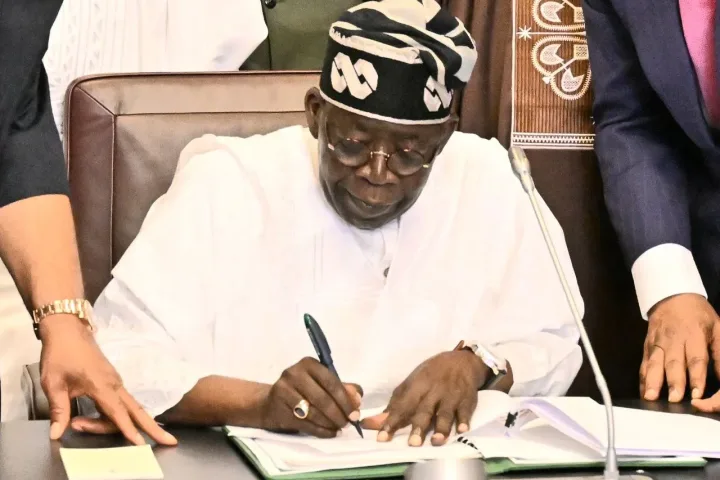
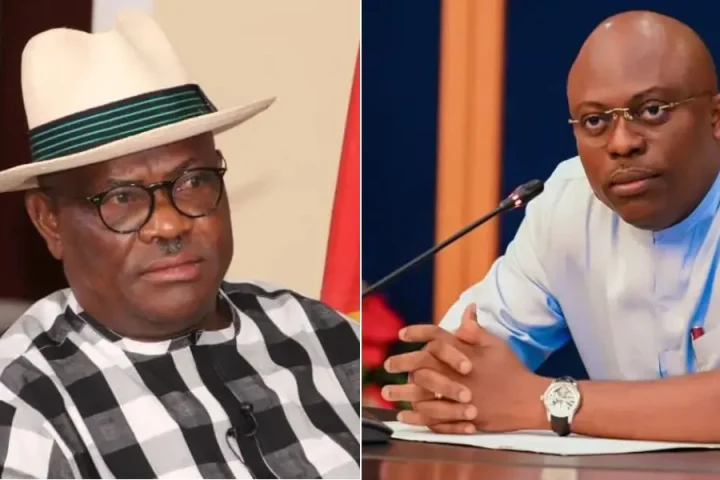
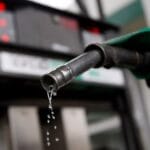
Follow Us